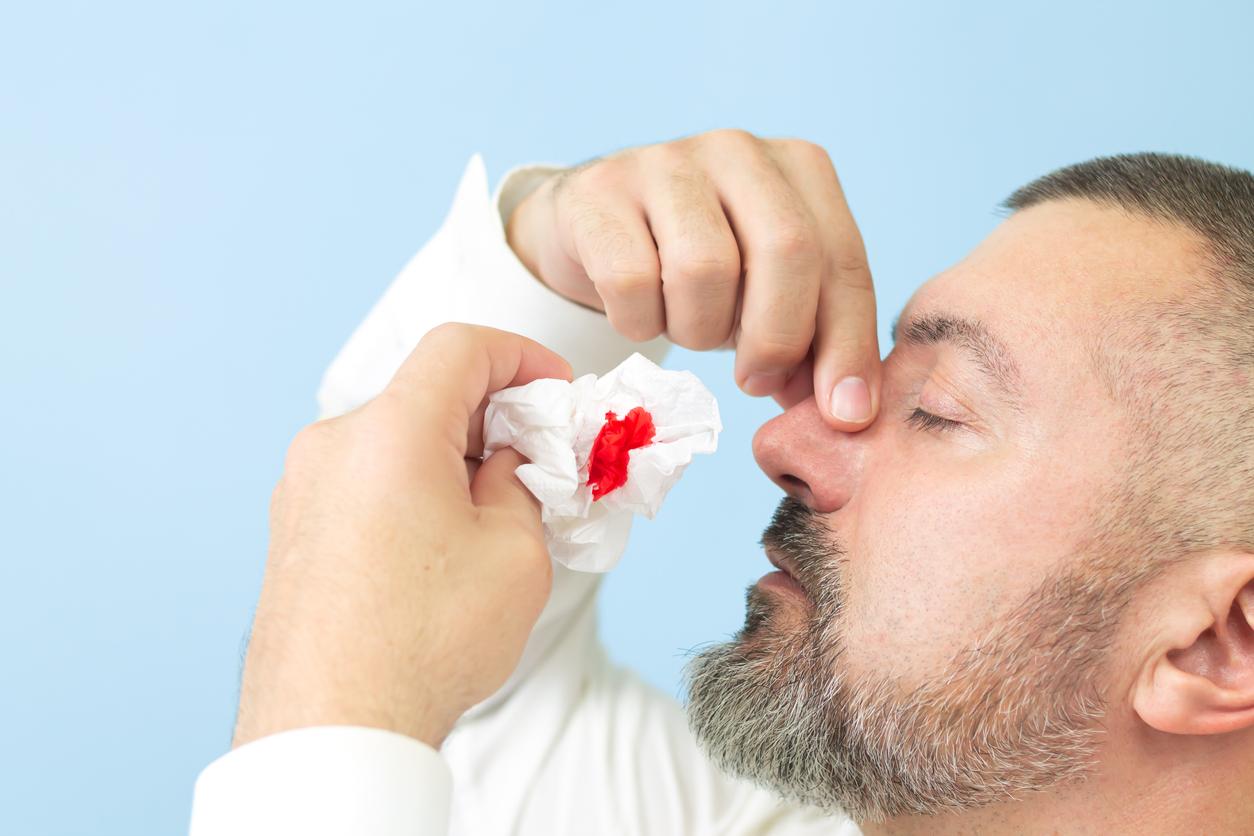On the occasion of World Hemophilia Day, AFH is sounding the alarm on the difficulty of access to care for the majority of patients.

It has long been called “the royal disease” but today it is the poorest who pay the heaviest price. While hemophilia is well known to the general public, in particular because it affects part of the European aristocracy since Queen Victoria, a large number of patients with the disease still face difficulty in accessing healthcare. : “Although treatments for hemophilia have made significant progress over the past 60 years, nearly 75% of patients in the world do not have access to it for economic reasons”, specifies A press release of the French Hemophilia Association (AFH) on the occasion of World Hemophilia Day, celebrated on April 17. “Their suffering is immense and their life expectancy does not exceed 18 years. “
This blood coagulation anomaly is rare: it affects around 6,000 people in France, and 700,000 patients worldwide. Hemophilia is a genetic disease carried by a sex chromosome and mostly affects men. The consequences are hemorrhages, the most dangerous of which are internal, in particular in the joints and muscles, which lead to significant pain, disabling sequelae, or even death if the hemorrhage is not treated in time.
This is why access to healthcare is so crucial, including in Europe. “In Albania, […] Due to lack of access to treatment and adequate care, a good number of patients are still confronted with disabling pain, permanent joint damage, even death ”, details the AFH in a press release.
Even in France, access to care can be difficult: “in 2016, the Hemophilia Treatment Center at the Point-à-Pitre University Hospital (Guadeloupe) no longer exists: there is no longer a specialist in rare hemorrhagic diseases ”.
If current treatments do not cure hemophilia, they can stop or even prevent the bleeding. The person needs to inject the missing clotting factor several times a week.
.
















